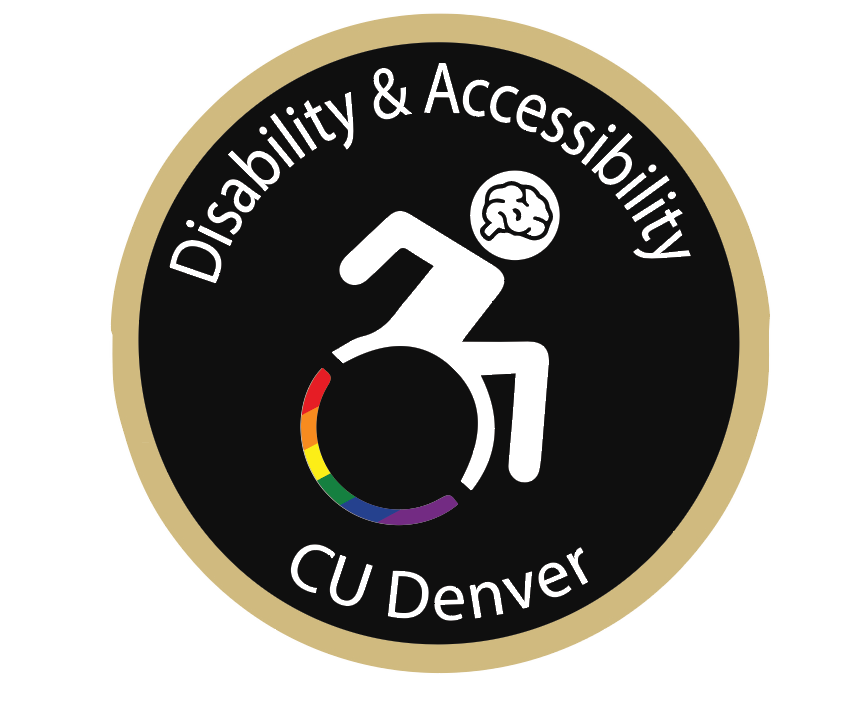All students benefit when classroom and curricular spaces are made more inclusive by increasing accessibility. Legal accommodations are targeted to students with disabilities and determined by the DRS. Inclusive pedagogy (UDL) provides greater accessibility to all students and facilitates communication throughout the university community.
- Legal accommodations are required accommodations teachers must make for students that have been identified by the campus disability office (DRS) based on testing and assessment that may not be available to all students. DRS letters address the required legal accommodations to which students are entitled. Information on managing DRS accommodations.
- Inclusive pedagogy, also called Universal Design for Learning (UDL), allows teachers to make their classrooms more inclusive for all students. In addition to benefiting students receiving accommodations, inclusive design benefits students who have not disclosed their disabilities to the university for a variety of reasons (such as cost of testing or stigma) and students who have various learning styles but have no diagnosed disabilities. Multiple modes of delivery have also been found to benefit many students who have different learning styles and needs by delivering material in more diverse modes. Teachers often rely on one strategy in their teaching and are textual learners, but many of our students learn best by different modes including visualizing, listening, and/or hands-on activities. Consider providing information in more than one form to your students. For example: lecturing with a handout (or PowerPoint) with similar information, being sure videos are close-captioned. Inclusive pedagogy promotes greater student success.
- Consider including a syllabus statement on disability and access. The Syllabus Statement: Disability and Access has a model statement, information on crafting your own statement, and your responsibilities. Letting students with disabilities know you comply with ADA, and more importantly, are committed to making your class accessible and inclusive is important. The university requires that you include a statement on accommodating disability in your syllabus.
How to Improve Accessibility of Course Materials and Community Communications
There are a few changes that can be made to any form of textual communication that can improve accessibility for everyone. This document guides you through some simple changes you can make.
